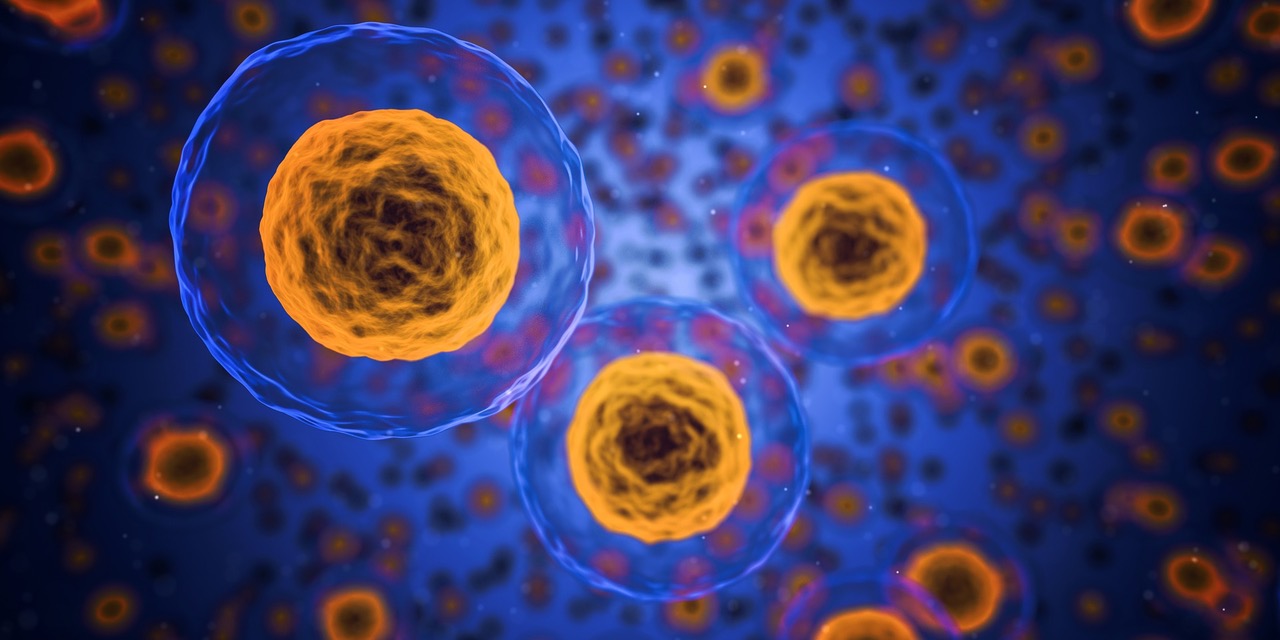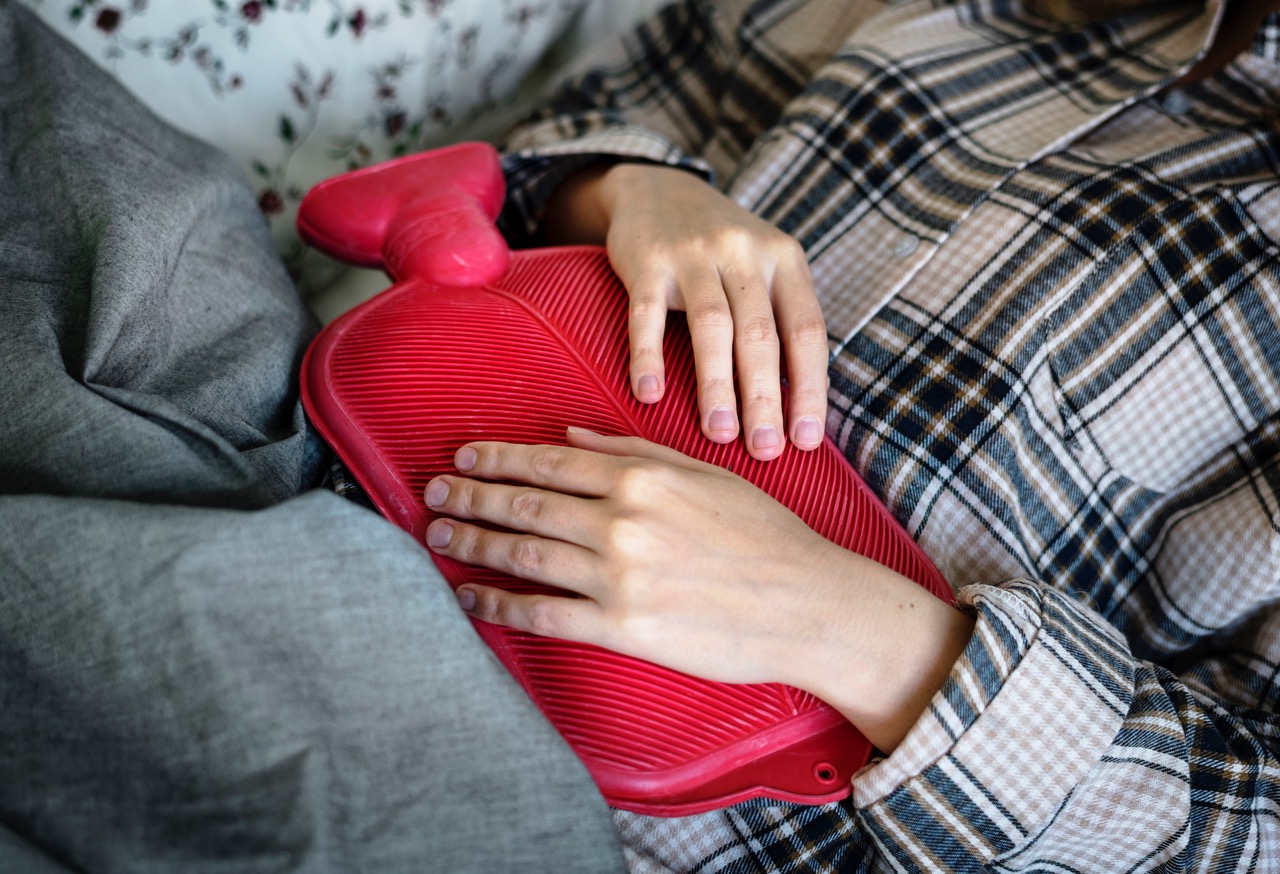An overview of the current studies
- 3 minutes to read
- 03 October 2019
- Simea_
An overview of the current studies
Antioxidants protect our organism from oxidative stress which increases susceptibility to urinary tract infections (UTIs). Can taking antioxidants prevent UTIs?
People with spinal cord injury are at higher risk of UTIs. They are the most frequent reason for hospitalization of persons with spinal cord injury and often the cause for a prolonged rehabilitation period. UTIs generally correlate with so-called oxidative stress.
Antioxidants, such as vitamin C and vitamin E, are supposed to protect the organism from oxidative stress. Is it consequently true that UTIs can be prevented and cured through the use of antioxidants?
This article investigates the question whether the effect of antioxidants was underestimated for a long time – or if the current hype surrounding them is unsubstantiated.
What are free radicals and oxidative stress?

Free radicals are highly reactive atoms or molecules. They can attack body cells and therefore damage DNA, proteins or fats in the body. Free radicals develop especially through chronic stress, UV rays, chemicals in the food and environment, cigarette consumption as well as overtraining, i.e. excessive physical stress. Furthermore the production of free radicals increases in case of acute and chronic inflammations.
An increased concentration of free radicals or, respectively, a weakened antioxidant defense, is called oxidative stress. Oxidative stress leads to cell damage and weakens the body. This is, among other things, associated with faster aging, the development of cancer, inflammations, diseases of the immune system as well as rheumatic and neurologic diseases.
The relationship between inflammation and oxidative stress has been proven. In case of an inflammation, it is likely that also oxidative stress can be traced in the body. Inflammation and oxidative stress reinforce themselves mutually, a vicious circle.
Protection mechanisms of the body
If an apple is cut into halves, it becomes brown, it oxidizes. If you sprinkle lemon juice on the cut surface, the apple does not change color as quickly. The cause is the vitamin C contained in lemon juice: it stops the free radicals and protects the apple from oxidation. Vitamin C is considered an antioxidant – an enzyme that protects the organism from oxidative stress.

Similar processes as with the apple happen in the human body. It has antioxidant defense systems which reduce the number of free radicals. Taking antioxidants through the food can support the defense system additionally and decrease free radicals.
Foods rich in antioxidants
Plant-based foods are often referred to as an antioxidant diet because they are rich in antioxidants. Certain studies have shown that vegetarians generally show lower levels of oxidative stress. These studies even concluded that a regular plant-based diet can decrease infections and improve the body’s fat and sugar regulation.
With regard to UTIs, studies have shown that patients have an excessive production of free radicals and a lower amount of antioxidant enzymes. The conclusion was that persons with UTI may benefit from taking antioxidants in addition to the antibacterial treatment. In fact, various studies – as e.g. by Foxman et al. and Kurutas et al. – in case of UTIs recommend to take care of a diet rich in antioxidants.

However, it was not proven that taking antioxidants only prevents diseases. Furthermore, in order to avoid damage to health caused by antioxidants, the correct dosage is important. It can best be achieved with the help of professionals and physicians as well as nutritional experts.
Conclusion
If properly dosed, antioxidants have a positive effect on our organism. However, it is unclear whether taking antioxidants alone can prevent UTIs and other causes that weaken our immune system.
What do you think about the effect of antioxidants? What do you take against UTIs?
[translation from the original German blog post]

